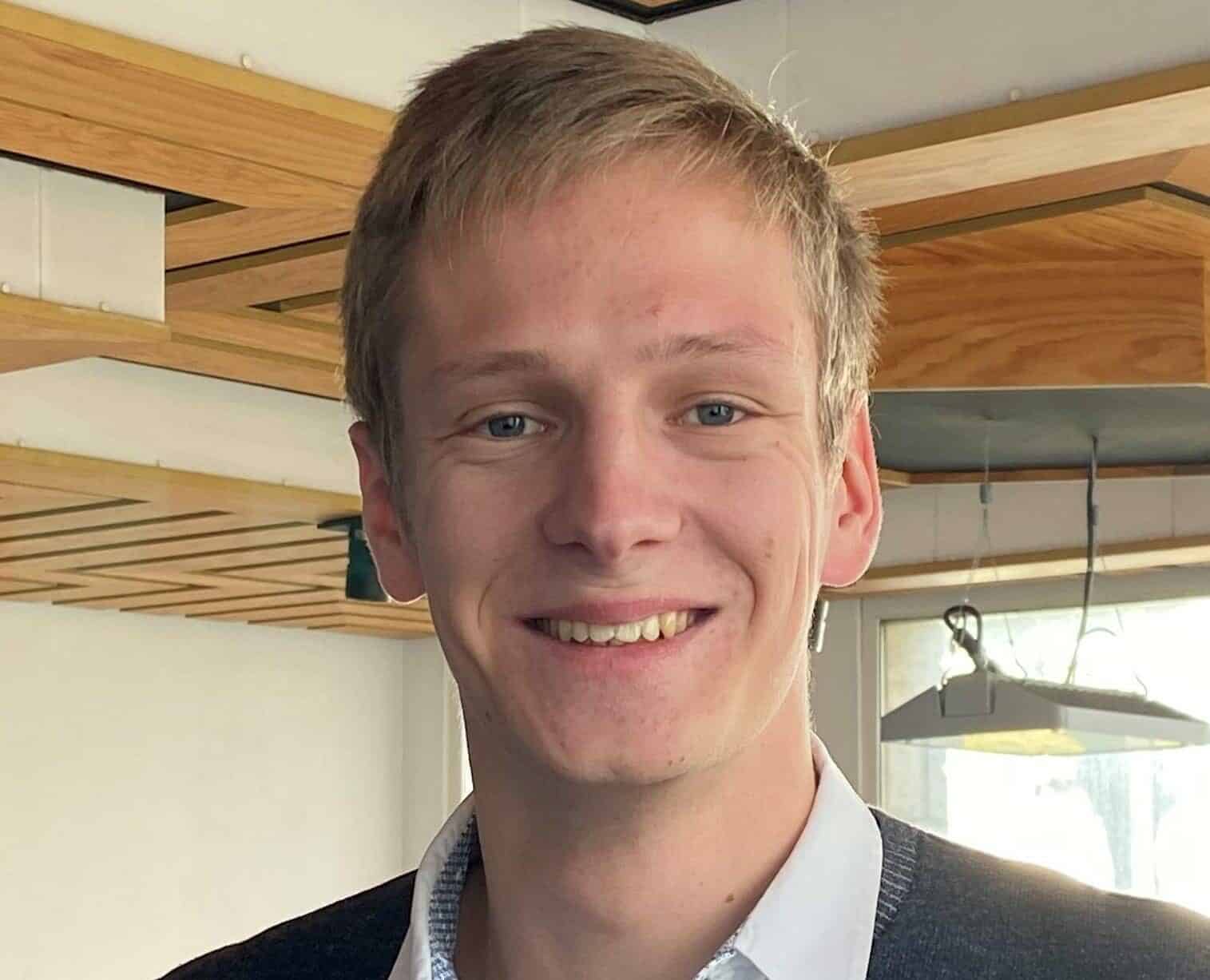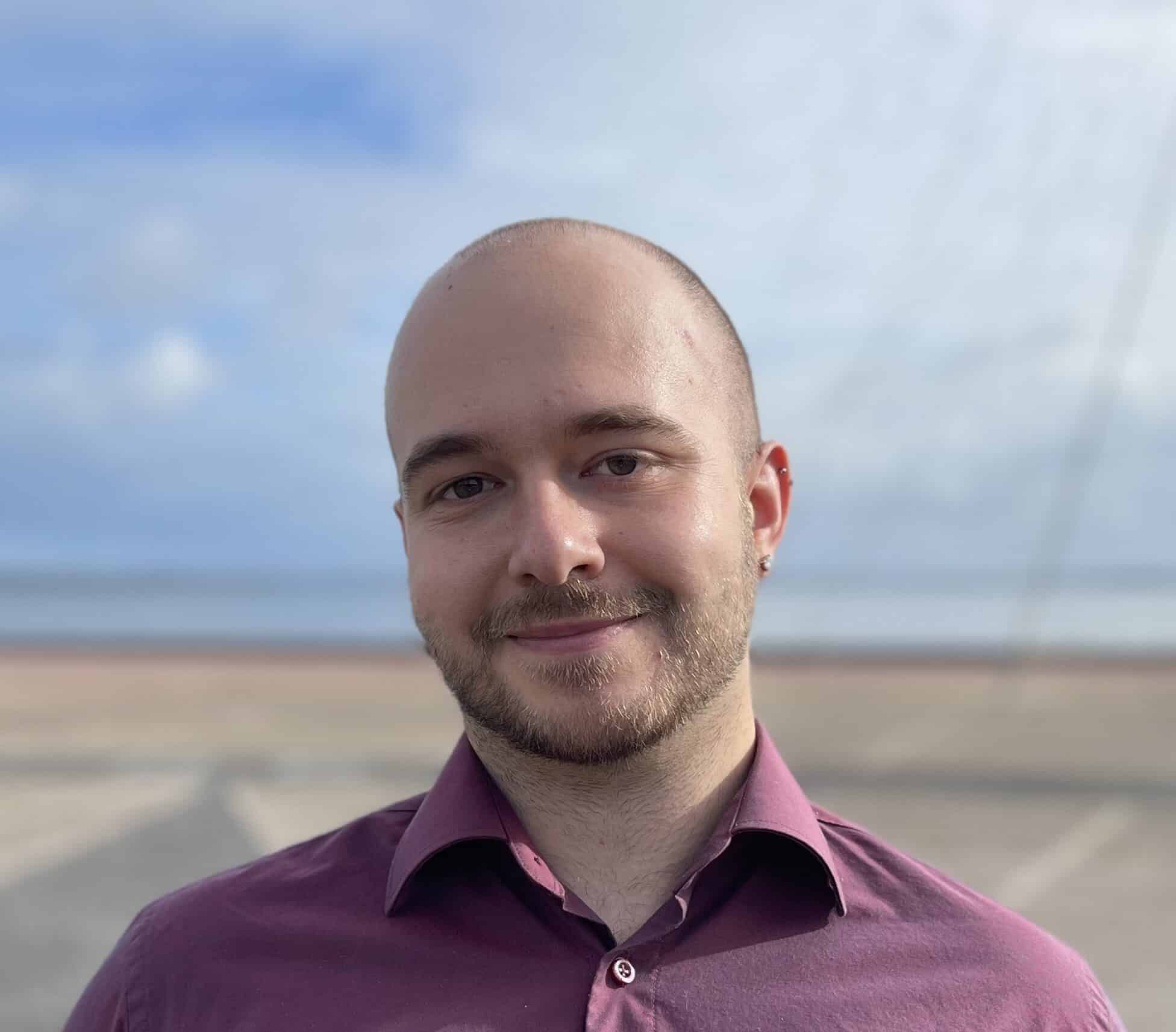Meet our doctoral student Quentin Pierson


I’m from Strasbourg, where I graduated with a Bac S specializing in maths. I then went on to do a STAPS degree, but I wasn’t sure whether to go into sport or psychology. Having taken psychology classes during my STAPS course, I decided to go for a psychology degree in Nancy. After graduating, I was accepted into the Master CAER (Cognition, Apprentissage, Évaluation, Remédiation) in Brest, a master’s specialized in cognitive psychology. During this master, I did two internships at the Naval School, which were particularly enriching. They enabled me to familiarize my self with the complex environments of the french navy and led to my integration into a CIFRE the sis project at Thales, on the theme of AI applied to decision support tools.
As a cognitive psychologist, I’ve always been fascinated by the way humans make decisions, particularly in complex contexts and under pressure. Understanding the cognitive mechanisms under lying decision-making naturally led me to take an interest in technologies, in particular AI, which can greatly amplify or facilitate this process. AI, as a decision support tool, offers immense potential for improving the speed and accuracy of human decisions in critical contexts, such as naval systems. I was particularly attracted to this field because it combines my background in psychology with practical, strategic applications in complex environments. I therefore oriented my studies towards a combination of cognitive psychology and human-computer interaction sciences, in order to approach AI from a unique angle: understanding how humans interact with complex systems while maintaining effective decision-making. This approach led me to carry out my two Master’s internships at the Naval Academy, an environment rich in cognitive challenges.
Duringmy Master 1 internship, under the supervision of Petty Officer Guillaume, I provided recommendations in cognitive psychology and cognitive ergonomics for the development of a navigation training application. This enabled me to combine theory and practice in a high-precision field. My second internship, supervised by M. Lemaitre, concerned the BRM (Bridge Resource Management) course for students at the French Navy academy. The aim was to categorize the psychological factors behind human error on a ship’s bridge, and to design pedagogical scenarios for simulators. These research-focused intern ships enabled me to develop the skills needed to undertake a thesis, while giving me a hands-on immersion in the military field and an in-depth understanding of the benefits of new technologies in these environments.
I’ve been working on my thesis at Thales DMS in Brest since June. My doctoral school is in Paris at the CNAM. My research topic is the integration of artificial intelligence (AI) in naval systems, such as radars and sonars for subjects like electronic warfare and mine warfare. My thesis is part of the NAIADE scientific chair. Personally, I’m focusing on three main aspects: acceptability, explicability and the appropriation of these technologies by operators. Under the supervision of Marc-Eric Bobillier-Chaumon, I’m seeking to understand how sailors interact with the sesystems in their operational environment, taking into account factors such as work load, task performance conditions, and the organizational culture specific to the military environment.
My aim is to determine the conditions that will encourage the adoption of these technologies, while ensuring that they make sense to sailors in their day-to-daywork. This also involves making AI more explicable and understandable, so that they can use it more effectively and safely. By combining quantitative (questionnaires) and qualitative (observations, interviews) methodologies, my research aims to optimize operational efficiency in the understanding and design of AI systems integrated into naval systems, as well as safety in naval operations, while boosting mariners’ confidence in the sesystems.